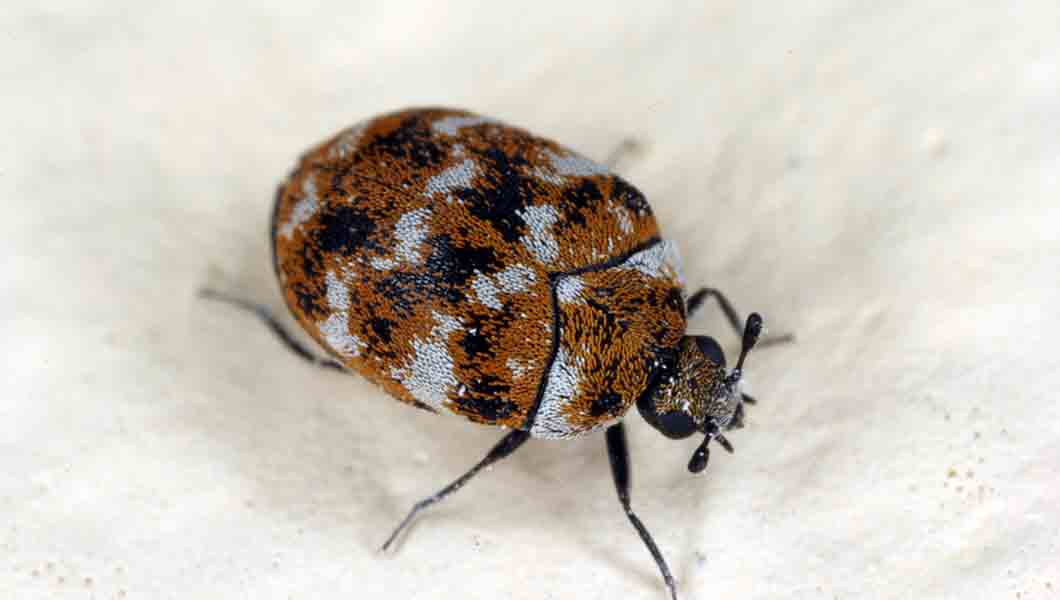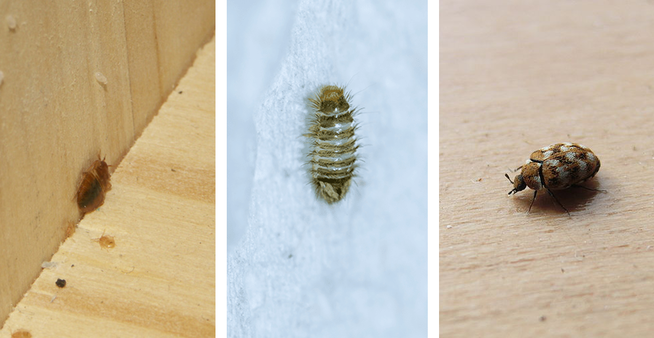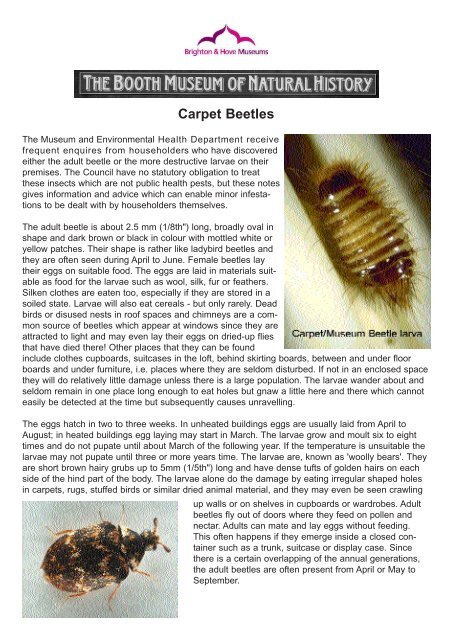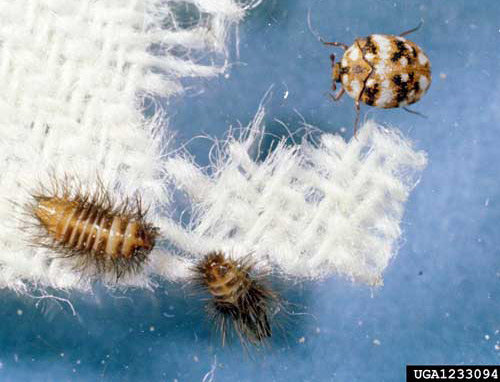Woolly Bears Carpet

These are mostly brown with white or yellow markings and are covered in short bristly hairs hence their well known woolly bear moniker.
Woolly bears carpet. The larvae are small about 4mm long covered in brown hairs and tend to roll up when disturbed. Their hairy bodies will irritate your skin. We again have found some carpet beetle larvae in the cupboard under the stairs. The larvae of carpet beetles are referred to as woolly bears.
Carpet moth treatment suffolk. I had noticed a couple of beetles a few months back and got rid but they must have laid some eggs in there and now we have. At cleankill we have considerable experience in dealing with carpet beetles and other pests bed bugs clothes moths etc. Carpet beetles are oval shaped and difficult to spot as they are only 2 to 4mm long.
The woolly bear caterpillar s coloring is based on how long caterpillar has been feeding its age and species. They have an elongated body which is covered in hair or large setae. Carpet beetles and wooly bears all categories clothes and carpet moths. This results in narrower red orange bands in its middle.
The better the growing season is the bigger it will grow. Verbasci was also the first insect to be shown to have an. It grows up to 5 mm in length. Final note of caution.
The hair is organized in a way that it forms a combination of dark and light patches. The larva of the carpet beetle is covered in visible thick brown stripes. If you think you have an infestation of woolly bears be careful. Carpet beetle larvae aka woolly bears don t be fooled by the cuddly name 11 posts add message report.
The variegated carpet beetle is 2 to 4mm long like a small mottled brown grey and cream ladybird. The small hairy larvae of the carpet or fur beetles are known as woolly bears. The larvae known as woolly bears of these small oval beetles have outstripped the clothes moths as the major british textile pest. Thus the width of the banding is an indicator of the current or past season s growth rather than an indicator of the.
It is not actually the moths which cause the damage but instead their larvae which feed on wool and natural fibres. Tamashii wed 15 sep 10 12 08 37. As is so often the case it is the larva that does all the damage. These small oval beetles have outstripped the clothes moths as the major british textile pest.














































